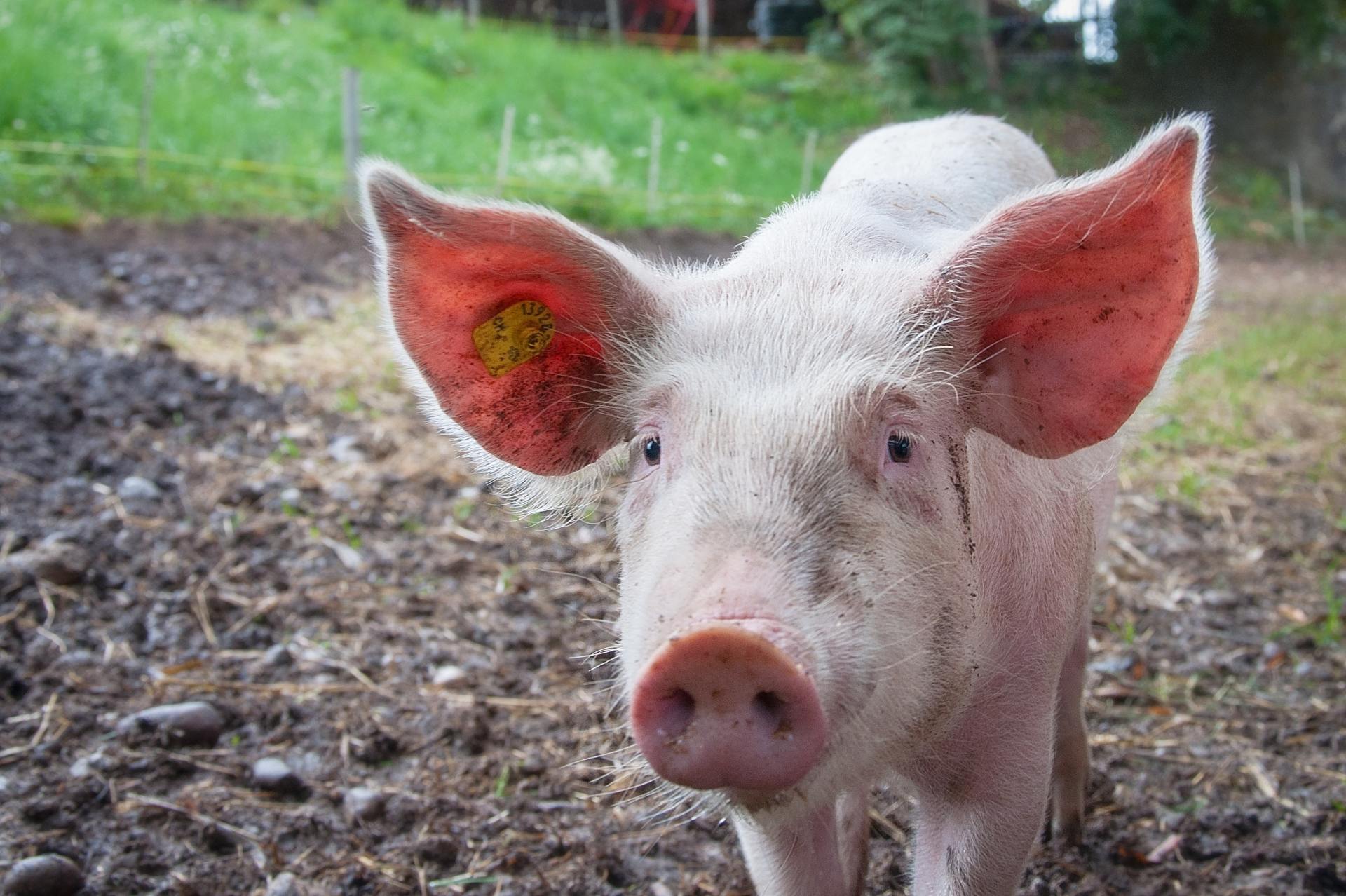1MG FlippingBooks
Global effort to tackle African swine fever launched
The World Organisation for Animal Health (OIE) has launched a global initiative to control the spread of African swine fever (ASF), a disease that affected an estimated 150-200 million pigs in China in the last ten months alone.
Although ASF poses no risk to human health or food safety, it is highly contagious and threatens the majority of pig populations worldwide. It has had a devastating impact on the pig industry and international trade, affecting 25 countries across Europe, Africa and Asia in the last year.
Currently
there is no vaccine against the disease. The complexity of ASF also means it
cannot be controlled without a collective response from the range of affected
sectors, including customs and border control authorities, the pig production
industry and animal transport organisations.
The new initiative, which will be jointly coordinated by the OIE and the Food and
Agricultural Organisation of the United Nations
(FAO), aims to eradicate the disease entirely to minimise
its devastating economic effects on the pork industry. It will use the Global Framework
for the Progressive Control of Transboundary Animal Diseases
(GF-TADs) mechanism to develop, improve and coordinate
partnerships and cooperation at national, regional and international levels.
The OIE has called on its Member Countries to ensure they properly adopt its standards and practices through implementing:
·Programmes for prevention, early detection and intervention, and compensation policies
·Biosecurity measures
·Pig traceability and movement controls
·Effective official monitoring
·Improvement in collaboration between stakeholders and countries
·Programmes of ongoing training and awareness raising.
The OIE will also collaborate with the FAO to establish a work programme that takes into consideration the regional initiatives that already exist to address ASF.
Although ASF has never occurred in Australia, officers from the Department of Agriculture and Water Resources seized a range of contaminated meat products at the Australian border in January this year.
“Australia remains ASF-free and we intend to keep this destructive disease away from Australia’s pig farms,” said Andrew Spencer, CEO of Australian Pork Limited , the industry body representing Australian pig farmers.
The Department of Agriculture and Water Resources has also undertaken a range of measures to enhance biosecurity, including increased screening measures and testing samples of pork products seized at international airports and mail processing centres.
To learn more about the Australian government’s response to ASF, click here.
















